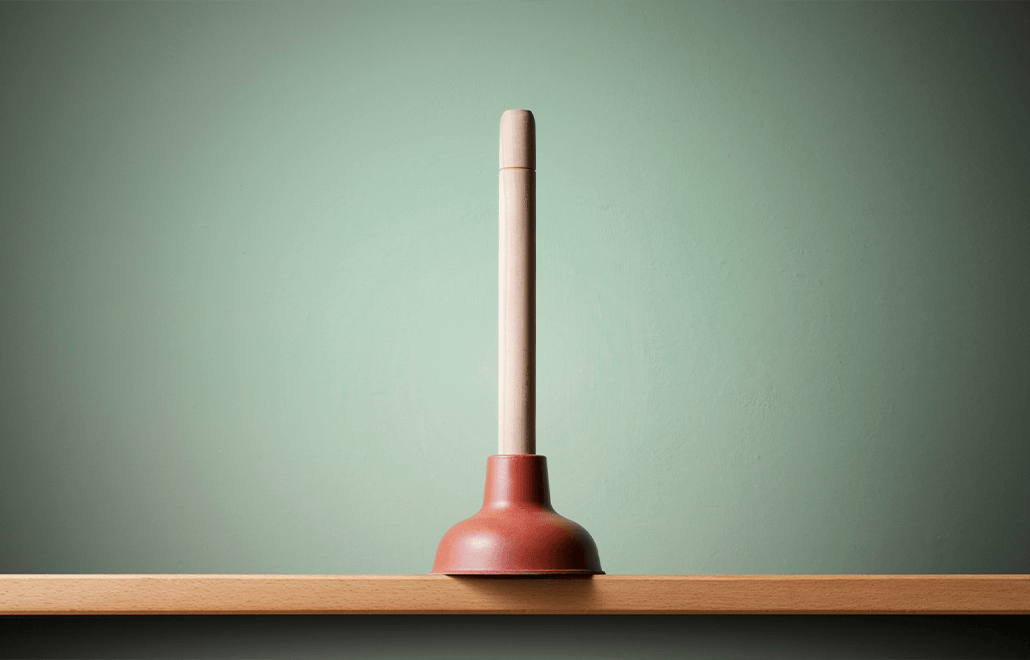
06 Jun 7 Common Causes of Clogged Drains and How to Prevent Them
Of all the plumbing problems homeowners face, clogged drains are among the most frustrating. Not only do they cause unpleasant odors and slow drainage, but they can also lead to costly repairs if left untreated. Fortunately, many common causes of clogged drains are preventable with proper maintenance. Here are seven common causes of clogged drains and how to prevent them.
Hair:
Hair is a common culprit of clogged drains, particularly in the bathroom. When you wash your hair, loose strands can easily accumulate in the drain, leading to a blockage. To prevent this, consider using a hair catcher in your shower drain. These inexpensive devices trap hair before it has a chance to go down the drain, preventing clogs.
Soap and Shampoo Residue:
Over time, soap and shampoo residue can accumulate in your drain and cause a clog. To prevent this, rinse your shower and bathtub thoroughly after each use to remove any excess soap and shampoo. You can also use a drain cleaner to keep your drains clear of buildup.
Food Waste:
Kitchen sink drains are particularly prone to clogs caused by food waste. Common culprits include grease, oil, coffee grounds, and eggshells. To prevent clogs, avoid pouring grease or oil down the drain and dispose of food waste in the garbage rather than the sink.
Flushing Inappropriate Items:
Flushing inappropriate items down the toilet is a common cause of clogged toilets and sewer lines. Items such as baby wipes, feminine hygiene products, and paper towels do not break down easily and can quickly lead to a blockage. To prevent clogs, only flush toilet paper and human waste.
Tree Roots:
Tree roots are a less common but more serious cause of clogged drains. Roots can infiltrate your sewer line and cause a blockage, resulting in slow drains and even sewage backups. To prevent tree root clogs, avoid planting trees and shrubs near your sewer line and have your pipes inspected regularly for signs of root intrusion.
Mineral Buildup:
Hard water can cause mineral buildup in your pipes, leading to clogs. To prevent this, consider installing a water softener to treat your water and reduce mineral buildup.
Aging Pipes:
As pipes age, they can become more susceptible to clogs. Over time, pipes can become corroded or damaged, leading to blockages and slow drainage. If you have older pipes, consider having them inspected by a professional plumber to identify any potential issues and prevent clogs.
In conclusion, clogged drains are a common plumbing problem that can be prevented with proper maintenance. By following these tips, you can keep your drains clear and avoid costly repairs. If you do experience a clog, it’s important to address it promptly to prevent further damage to your plumbing system.
Sorry, the comment form is closed at this time.